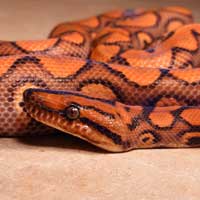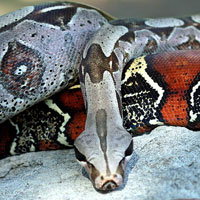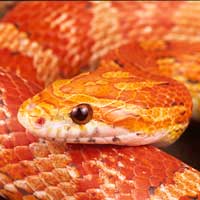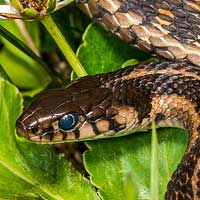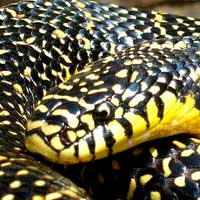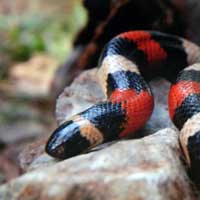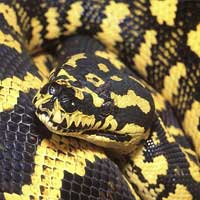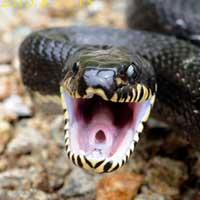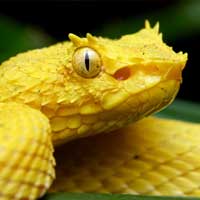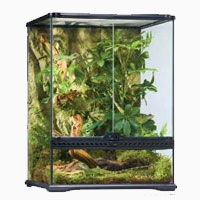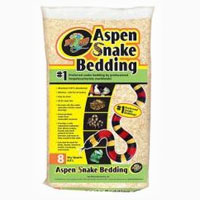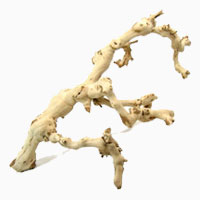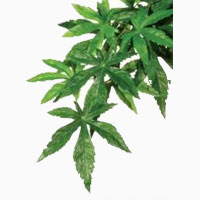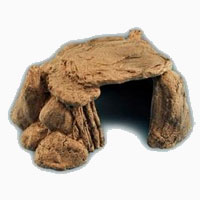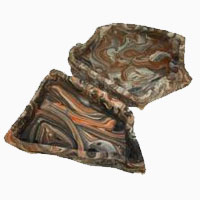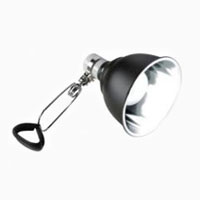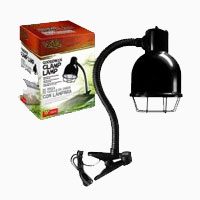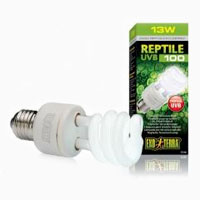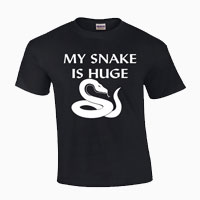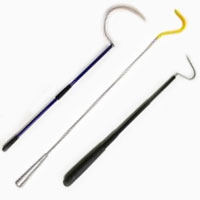Black-headed Python
Scientific Name: Aspidites Melanocephalus
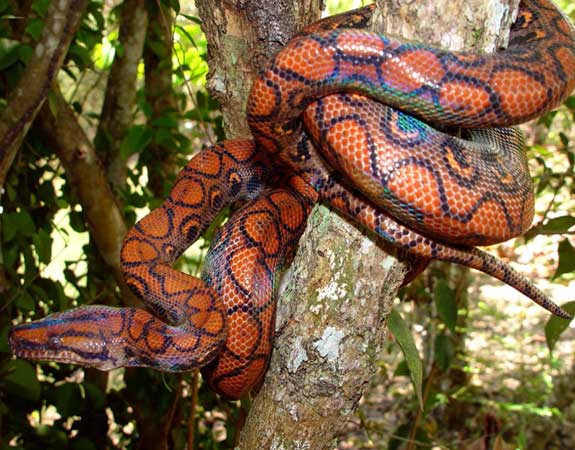
Share this Post
The coloration on this snake possesses gives it a high aesthetic value. It has reddish-brown bands resting on background colors ranging from cream to tan. Its shiny black head and mid-dorsal area have the darkest pigmentation. Scales are smooth and glossy. Generally, females are larger than males and can reach a length of up to 10 feet. The average length of the black-headed python, Aspidites melanocephalus is three meters. Its diet consists of other snakes, venomous or not, lizards and on a rare occasion, small mammals and birds. Apart from the threat posed by humans and dingoes, the black-headed python has no other predators.
Black-headed Pythons Are Beautiful Creatures
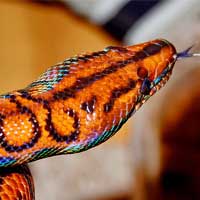
Facts About Black-headed Pythons
Geographic Location
These snakes are common in the northern half of Australia, excluding the extremely arid areas.
Habitat
This species of snake prefers wooded areas though they tend not to be that choosy. Rocky areas, grasslands and rainforests will do just fine.
Behavior
The black-headed python is nocturnal, spending a majority of its time either in burrows or in tunnels. Its ability to dig burrows complements its fossorial nature. They have a very loud hiss and bite only when hunting prey; they usually strike with their mouths closed. They are also very good swimmers.
Reproduction
Females lay as many as eighteen eggs at one instance, each egg measuring about 8.9 centimeters (3.5 inches) long. An average clutch has five to ten eggs. Hatchlings measure 61 centimeters (2 feet) in length and bear a great similarity to adults though the former is brightly colored. At their young age, they are not only prone to predation, but cannibalism too. They reach sexual maturity in four to five years.
Captivity
The docile and colorful nature of the black-headed python makes it a good candidate as an exotic pet. It is also easy to obtain and breed at an affordable price. Temperature and humidity are the biggest concerns. They like basking in the sun and need large enclosures for comfort. People breed these snakes in captivity owing to their docile temperament and small physical stature. Juveniles are extremely aggressive but this changes as they mature; the more they get into contact with humans, the more they become less aggressive. Thus, they are normally kept in their adult stage.
